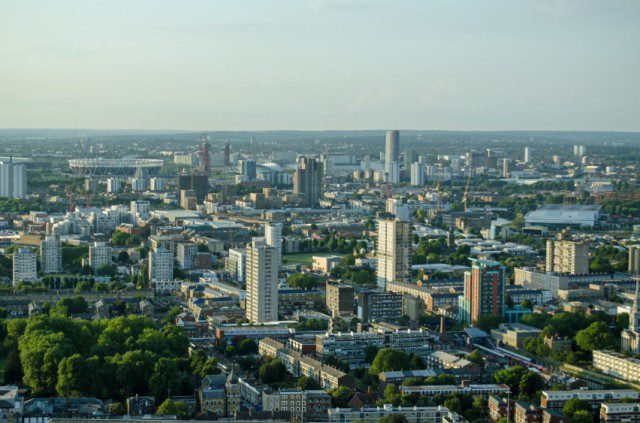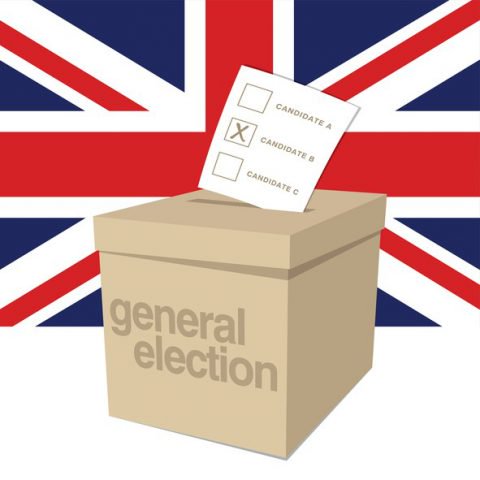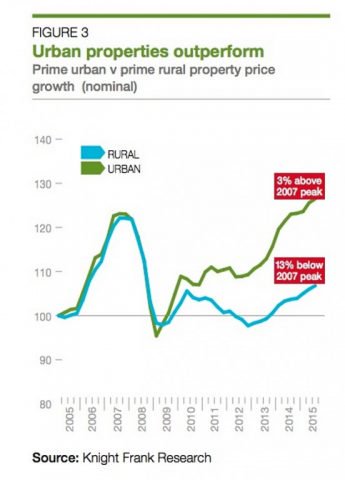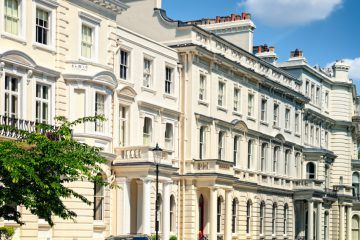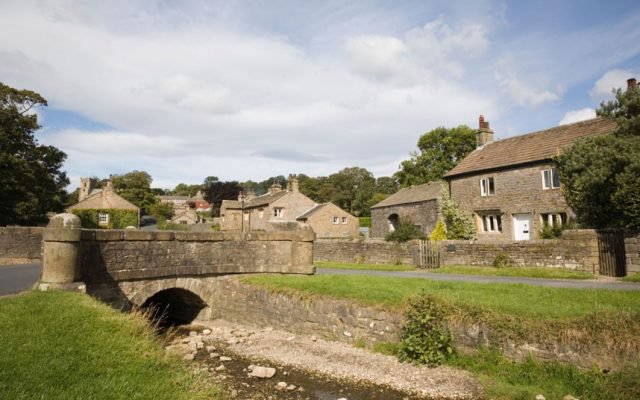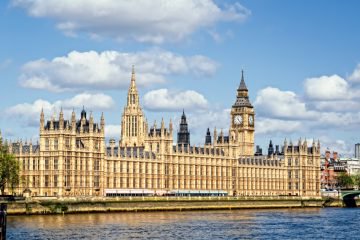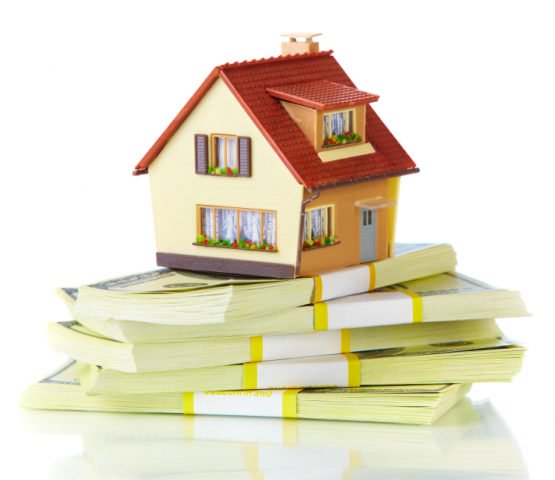The housing crisis may be causing chaos in the lower end of the property market, but in the £1m mortgage sector, activity is mounting.
Over the past year, the amount of £1m and over mortgages granted by major lenders has risen by almost a fifth, while one in 14 borrowers have mortgages of more than £500,000.
Nationwide revealed that it has 269 customers on mortgages over £1m, compared to 167 this time last year. NatWest granted 233 mortgages of more than £1m in 2014 and so far this year, has approved a further 207. It expects to end this year up 18% in this category.
Financial regulators require these wealthy buyers to go through the same affordability checks as ordinary homebuyers before being granted a loan. Ray Boulger of mortgage brokers John Charcol comments: “We were going through the expenditure section with one such client and we asked how much his travelling expenses were. He said: ‘I don’t know. I have a plane.’”1
The high value mortgages taken out to purchase prime properties in central London are often granted by private banks rather than high street brands.
Land Registry figures reveal that of the 100 most expensive homes sold in the UK last year, UBS of Switzerland funded 10 of them, worth £173m in total. The next biggest lenders were HSBC, Credit Suisse, Barclays, Coutts and JP Morgan.
Since the financial crisis, many average earners have had to take out repayment mortgages, while wealthier workers are often offered lower-cost, interest-only deals with privately negotiated rates.

£1m Mortgages on the Rise
It may be surprising that the super rich need mortgages, but brokers find that, as rates are so low, the wealthy prefer to borrow against their homes and use the cash to purchase alternative assets.
The prime mortgage market is divided between foreign buyers and domestic purchasers. The international elite use private banks to fund home purchases in Kensington and Chelsea, while British buyers use high street banks to buy £1m-£3m properties in southwest London, Surrey and Cheshire.
However, Boulger reports that the elite market is currently slow, but the £1m-£2m sector is still thriving.
These home purchases are paid for with very high incomes. Halifax found that the average annual income of customers with £1m mortgages is £389,000, while the typical applicant is a banker or footballer, say specialist mortgage brokers.
Coreco’s Andrew Montlake finds: “We have seen some eye-watering payslips over the past few months, as well as large bonus payments or exceptional sets of accounts, which have been used to prove income and affordability.
“We are seeing a return of high street lenders into the £1m plus arena, eager to bolster their lending levels. Many lenders are comfortable again and returning to the £1m to £2m lending market.”1
SPF Private Clients, a broker firm of estate agents Savills, reports booming business.
Its Chief Executive, Mark Harris, says: “We do lots of mortgages above £1m and are up 63% year-on-year. Borrowers tend to work in financial services, the legal profession, hedge funds, private equity, or are professional sportsmen.” He adds that footballers are the most common sportspeople customers.
Most £1m-plus mortgages are for homes in London, accounting for just under eight out of ten loans. A further 13% are in the Home Counties and South East and the rest are across the UK.
Nationwide’s £1m hotspot is Richmond upon Thames, while Charcol reports that outside central London, its highest loan clients are in Weybridge, Surrey and Altrincham, Cheshire.
In the first half of 2014, there were 4,259 sales of homes worth over £1m in London, compared to just seven in Wales.
The Council of Mortgage Lenders (CML) says that its members granted 1,200 £1m-plus loans in 2013, growing to 1,400 in 2014. However, this figure does not include many private banks that dominate the high net-worth sector.
However, it’s not just the wealthy taking out huge loans. Many buyers are being forced to max out their borrowing to afford a home. The Building Societies Association reports that in 2008, just 3% of mortgages were over £500,000, but this has since doubled to 7%.
To the super-rich, £1m mortgages have become more affordable, as interest rates have hit record low levels.
Repayments on £1m loans start at around £5,000 per month – the equivalent to three times the average full-time worker’s monthly salary.
However, if the Bank of England (BoE) base rate increases from 0.5% to 3%, as predicted, a £1m loan will cost the borrower more than £7,000 a month.
Those taking out £1m mortgages will discover that these loans don’t get them very far in the London property market.
Rightmove reports that there are currently 765 one-bedroom flats for sale in London priced over £1m, with one costing £8.5m. In the previously riot-ridden streets of Brixton, two-bed homes can go for more than £2m.
Adrian Anderson, of Mayfair-based mortgage broker Anderson Harris, observes: “Most of the high value properties tend to be in London. However, I have seen a shift in clients seeking to cash out of London and purchase much larger properties in the country.
“Values in London have grown a lot more than values outside of London over the past five years. A large country house can sometimes cost less than £500 per square foot, [whereas] a house in Chelsea can cost £2,000 per square foot, hence large houses outside of London may look good value comparatively. Some clients have explored selling their London family home and purchasing a large country property and a small flat in town.”1
1 http://www.theguardian.com/business/2015/oct/02/britains-super-rich-cash-in-low-interest-rates-1m-mortgages
